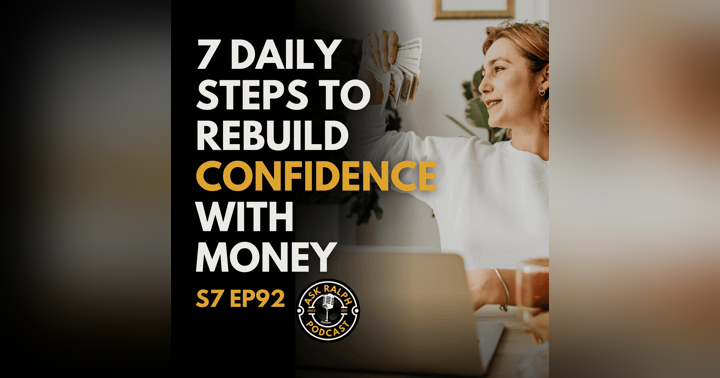Are ETFs a Wise Investment Choice for You?

Should You Consider ETFs in Your Investment Portfolio?
Should ETFs be part of your investment plan? Many investors are interested in ETFs because they allow owning different companies with one investment. This type of fund can help reduce risk by spreading money across many stocks or bonds. In this blog post, Ralph Estep, Jr. will discuss ETFs and whether they are a good choice. He will explain what ETFs are, how to choose the right ones, and tips for getting started. The goal is to help readers understand ETFs better and decide if including them makes sense for their goals. Are ETFs a Wise Investment Choice for You?
Watch Now on Rumble
What is an ETF?
An ETF or Exchange-Traded Fund allows investors to purchase a portfolio of various assets like stocks, bonds or commodities in a single transaction. It combines features of mutual funds by offering ownership in a basket of securities, and stocks by trading on exchanges. ETFs provide instant exposure to a wide range of companies across different industries or asset classes with just one trade. The value of an ETF share is determined by the total value of the underlying assets it holds throughout the day. Investors can also benefit from lower costs compared to actively managed mutual funds.
Are ETFs always a risk-free investment option?
While ETFs provide benefits of diversification and low costs, it's important for investors to understand they are not completely risk-free. As with any investment, there are certain factors to consider regarding potential risks. A few key aspects that determine the level of risk involved with ETFs include fees charged, specialized focus areas, and performance consistency over time. Let's explore some of these risk factors in more detail:
- Diversification helps but doesn't eliminate risk: While ETFs provide exposure to many different companies or assets, their value is still tied to the performance of the underlying holdings. If the assets in an ETF decline in value, the ETF price will fall as well.
- Specialized ETFs may be riskier: Narrowly focused ETFs that track specific industries, sectors or strategies could experience more volatility than broad-market funds. Investors need to understand the specific risks involved.
- Fees and expenses matter: It's important to consider the management fee charged by the ETF provider as well as trading commissions. Higher costs can eat into overall returns, especially for ETFs with riskier strategies.
- Thorough research is a must: Taking time to research an ETF's objective, composition, track record and risks relative to its benchmark is essential. This helps evaluate both upside potential and downside risks of investing in that particular ETF.
How Do You Choose an ETF?
Investors must carefully analyze various ETFs to identify funds that match their unique financial situation, goals and beliefs. This involves comparing aspects like investment style, average returns over periods of 3 to 5 years, tracking error, portfolio turnover and the specific industries or companies within each ETF. Reading prospectus and fact sheets can provide valuable details to evaluate which ETFs best complement one's risk profile and preferences.
What initial steps should be taken to invest in ETFs?
The first step involves opening a brokerage account with an online discount broker to enable trading ETFs. Starting with a small amount, such as $500-$1000, allows testing different ETFs in a low-risk manner. It is also important to monitor fund performance relative to the stated benchmark on a quarterly basis. Over time, successful ETFs can be allocated higher amounts based on continued research and professional guidance.
Final Thoughts
ETFs offer a convenient avenue to invest in many companies with one trade. But are they right for your needs? Take some time to explore this further. Do your research on available ETFs, compare their focus and track records. See if any align with your values too. Then speak to a trusted advisor about incorporating ETFs safely into your long-term plan. Your future self will thank you for laying solid foundations today through careful planning and the right choices. Don't leave your investment success to chance - get informed and take that first step towards growing your wealth with ETFs!











